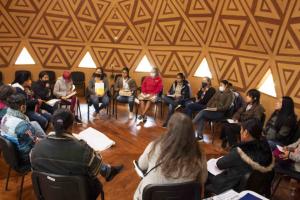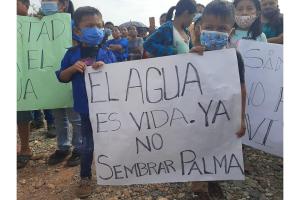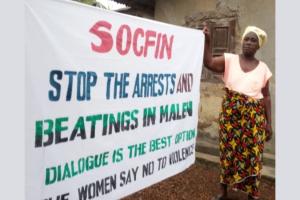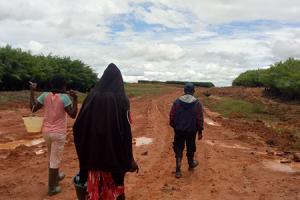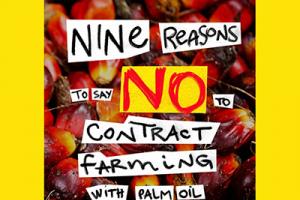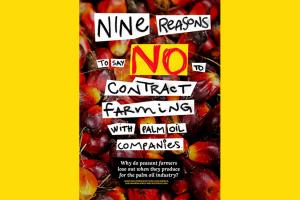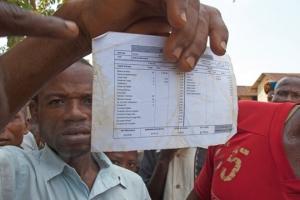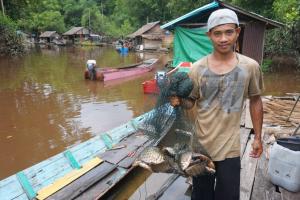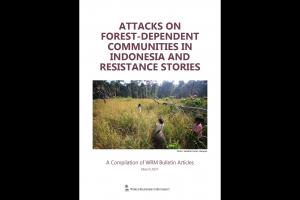Palm Oil
The oil palm tree is native to West Africa. It is an important tree for forest-dependent communities, their cultures and their economies. However, large-scale oil palm monocultures for industrial production (oil and agrofuels) have been driving deforestation and land grabbing in Southeast Asia. More recently, oil palm monocultures are also driving destruction in Africa and Latin America.
Only available in Spanish.
The Palmas del Ixcán company has used multiple tactics to grab land, as well as a deceptive RSPO certification process and the use of “independent producers.” Despite criminalization of communities, their resistance grows ever stronger.
Oil palm company Socfin has meant oppression for affected communities. Yet, women have to confront another patriarchic system. Paramount Chiefs are the custodian of the land according to customary law, which often give men decision-making and ownership power over land.
Oil palm plantations are one of the most unsafe spaces for women, not only because of their vulnerable working status packed with injustices and precarities, but also because of the potential for sexual violence and harassment. (Available in Indonesian).
The Sangha region is entirely under the control of three concessions that have colonial origins and continue to deploy guards against the forest inhabitants to prevent them using their ancestral lands.
Why do peasant farmers lose out when they produce for the palm oil industry? A publication based on experiences from Latin America, sub-Saharan Africa and Southeast Asia.
Available only in French.
WRM Bulletin Compilation. Available in English and Indonesian.
A young man was killed and other people are still in prison. It was after a protest against the failure of the PHC company to provide local communities with any benefits after 100 years of illegally occupying their land.
